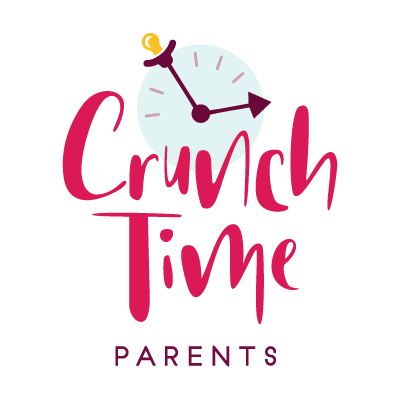When's the Right Time to Say the F Word to Your Doctor?
/"Are we on the brink of an infertility crisis?" That's the panic-inducing headline of a recent piece in The Lily, The Washington Post's new-ish digital "publication for women." The subtitle reads, "American women are having kids later. What's the impact of 'the new normal'?"
The Lily's article mentions the declining fertility rates worldwide and cites, among many causes, the fact that more women are deciding to become parents after age 35, i.e. at advanced maternal age, when fertility starts declining.
The point of the piece isn't to make women feel guilty about postponing parenthood to a time in our lives when we actually feel ready for it. And it's not just to give a reality-check (if anyone even needed one) that delaying parenthood can mean missing out on having kids. Chances are, everyone reading the article already knows about the risks. But The Lily article does make the worthwhile suggestion that women, as a rule, would benefit from talking to their doctors about fertility early on, and not just waiting until after age 35 or whenever fertility troubles rear their heads.
Without a doubt, assisted reproductive technology is a phenomenal innovation, but it unfortunately still doesn't work for everyone (not even close); and even though the field keeps growing and innovating, pinning our hopes for parenthood on technology isn't the best insurance policy.
It's worth considering the option of seeing a fertility specialist before it's go-time, since women can have fertility issues without realizing it. As Elena Trukhacheva, medical director at the Reproductive Medicine Institute in Chicago, points out in the article, a certain percentage of women have declining egg quality before "advanced age," and finding out that information sooner than later can give them a fuller picture of their fertility.
The article also quotes sources from a company called Celmatix, maker of Fertilome, a "multi-gene genetic screening that can give women a picture of their reproductive health long before they’re actually trying to have kids." Celmatix obviously has a vested interested in women seeing fertility doctors and asking for the tests, so that's worth noting, even if it doesn't take away from the main thesis in the piece. Also FYI: The company has a website, We Say the F Word, aimed at taking the stigma out of the fertility issue (a stigma that translates, for instance, into nearly half of women who have miscarriages not talking about them with their friends).
The Lily piece's argument is solid all in all: the more women know about our bodies, and the earlier we know it, the better it is for our health, our peace of mind, and our ultimate quality of life.
Photo by Bich Ngoc Le on Unsplash.



















